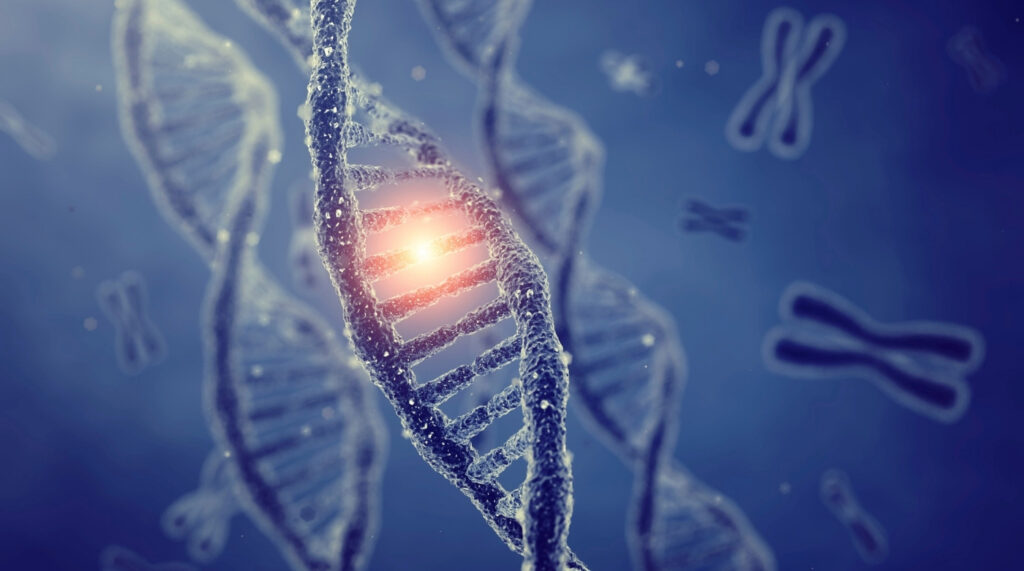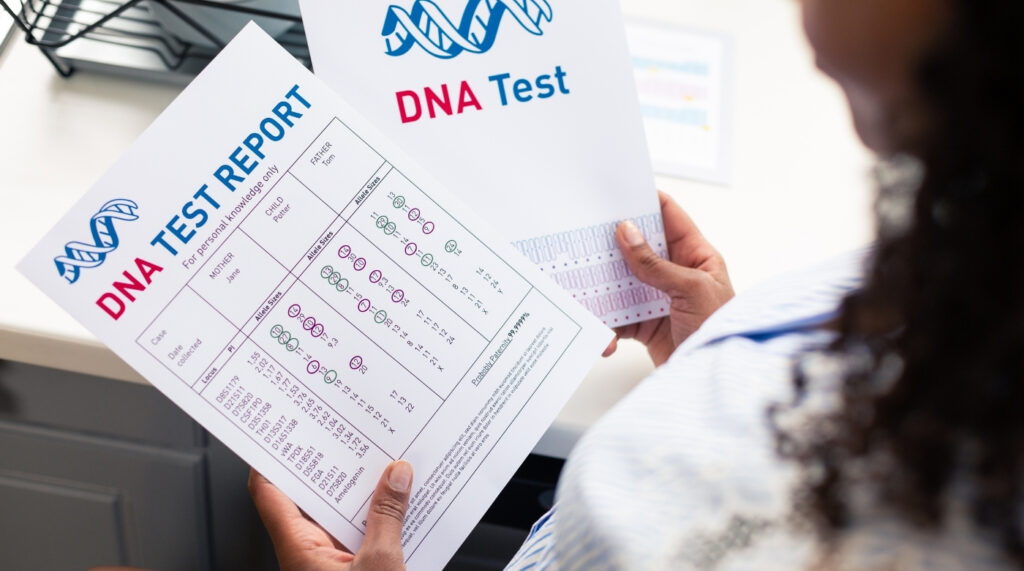Few fields blend science, history, and human identity quite like Genealogy. As interest in tracing family roots surges globally, it has opened up exciting new career opportunities—particularly when combined with modern advancements in Genetics, DNA Testing, and Forensic Science. The convergence of these disciplines not only satisfies deep personal curiosity but also fuels sectors such as criminal investigation, ancestry research, medical diagnostics, and academic research.
If you’re passionate about understanding how the past shapes our present, or if you’re fascinated by the power of a single DNA strand, then this career guide will help you explore how Genealogy connects with modern scientific disciplines—and how to turn that passion into a viable and impactful profession.
What is Genealogy?
Genealogy is the study of family ancestry and lineage. It involves researching, analysing, and documenting the history of individuals and their familial connections. Traditionally, this was achieved by examining old records, such as birth certificates, marriage licenses, census data, and church archives. Today, however, Genealogy has evolved. With digital archives, DNA matches, and global genealogy platforms, it’s now possible to trace lineages across centuries and continents.
Modern genealogists don’t just rely on dusty paper trails. They harness advanced DNA Testing, collaborate with genetics labs, and even cross-reference criminal or immigration records. This fusion of disciplines has elevated Genealogy from a hobbyist pursuit into a high-demand field.
How Genetics Enhances Genealogy
Genetics provides the scientific foundation that has transformed Genealogy in recent decades. By examining an individual’s DNA, researchers can identify ancestral origins, trace family lines, and even predict hereditary health risks.
At the core of this is DNA—the molecule that stores biological instructions in every living organism. Human DNA is 99.9% identical across individuals, but the 0.1% variation carries enough data to distinguish lineages, predict traits, and connect people with distant relatives.
Genetic genealogy applies these principles to interpret DNA results for genealogical purposes. For instance, mitochondrial DNA (passed down maternally) or Y-chromosome DNA (passed from father to son) can trace lineage over hundreds of generations. Some career paths also involve analysing autosomal DNA to identify ethnic origins or determine matches in DNA databases.
In practice, this means genetic genealogists work closely with laboratory scientists, DNA software platforms, and occasionally even forensic science professionals.

DNA Testing: A Game-Changer in Modern Careers
DNA Testing has become widely accessible thanks to commercial providers like AncestryDNA, 23andMe, and MyHeritage. However, behind these kits is a growing field of experts who design, process, interpret, and secure DNA data. These professionals work in various domains, including:
- Medical and clinical laboratories
- Academic research centres
- Private ancestry and genealogy services
- Government institutions and border control agencies
- Crime investigation units and forensic science labs
Professionals in this space might analyse DNA to confirm paternity, determine ethnic heritage, assess disease predisposition, or provide evidence in legal disputes. Many careers in DNA Testing overlap with biotechnology and data analysis, requiring knowledge of bioinformatics and gene sequencing software.
In the context of Genealogy, DNA Testing allows clients to go beyond paper records—matching distant relatives, identifying biological family members, or uncovering long-hidden roots. Ethical concerns and privacy rights play a significant role in this field, particularly when dealing with sensitive cases.
Forensic Science and Its Genealogical Impact
While forensic science is often associated with crime scenes and courtrooms, it has a surprisingly strong connection to Genealogy. Forensic genealogists are increasingly employed by law enforcement to help solve cold cases, identify unknown remains, or uncover the identity of suspects using DNA evidence.
This approach—known as forensic genetic genealogy—involves comparing DNA samples from crime scenes with public or private ancestry databases. Through family trees and historical records, experts can triangulate potential matches and help police narrow down suspect lists. Famous cases like the Golden State Killer have brought this method into the spotlight.
Careers in forensic science that intersect with Genealogy often demand a robust understanding of both genetics and legal processes. Professionals must be skilled at tracing lineage, managing confidential data, writing scientific reports, and presenting findings in court.
Many also liaise with genealogists, historians, and database managers to cross-reference records with genetic evidence. It’s an exciting and impactful career avenue that blends science, justice, and detective work.
Career Roles and Titles to Explore
Professionals in the combined fields of Genealogy, Genetics, DNA Testing, and Forensic Science may take on a variety of roles depending on their interests and qualifications. While some roles focus on research and academic work, others lean toward laboratory analysis or public service.
Here are some examples of job titles within these sectors:
- Genealogist or Family Historian
- Genetic Genealogist
- DNA Analyst
- Laboratory Geneticist
- Forensic Scientist
- Forensic Genetic Genealogist
- Bioinformatics Technician
- Ancestry Consultant
- Population Geneticist
- Historical Records Analyst
- DNA Database Manager
As more organisations begin to recognise the value of genetic data, demand for professionals who can ethically and accurately interpret this information continues to rise.
Qualifications and Education Pathways
Entering a career in these fields often starts with a solid foundation in science, history, or data analysis. The educational requirements will vary based on your target role, but generally, the more technical the job (such as forensic DNA analyst), the more advanced qualifications you’ll need.
Common Educational Backgrounds
- For Genealogists: Degrees in History, Anthropology, or Archival Studies
- For Genetic Genealogists: Courses in Biology, Genetics, or Molecular Science
- For DNA Testing Specialists: BSc in Genetics, Biochemistry, Biomedical Science
- For Forensic Scientists: BSc in Forensic Science, followed by specialist postgraduate training
- For Bioinformatics Roles: BSc in Data Science, Bioinformatics, or Computational Biology
Relevant Certifications
- Certificate in Genealogical Research (Boston University or similar)
- Diploma in Genetic Genealogy
- BGA Certification (Board for Certification of Genealogists)
- Forensic DNA Analyst Accreditation (via UK Forensic Science Regulator)
- Professional Training via ISFG (International Society for Forensic Genetics)
- Lab safety and genetic data ethics training
Short online courses in DNA interpretation, genetic mapping, and genealogy tools like GEDmatch, AncestryDNA, and MyHeritage can also improve employability.

Software and Tools You’ll Likely Use
Whether you’re investigating ancestral links or analysing forensic evidence, a variety of tools help professionals navigate complex datasets and draw accurate conclusions.
Genealogy and DNA Tools
- AncestryDNA
- GEDmatch
- FamilyTreeDNA
- 23andMe
- MyHeritage DNA
- RootsMagic
- Legacy Family Tree
Genetic and Bioinformatics Software
- Genome Analysis Toolkit (GATK)
- PLINK
- CRISPR Design Tools
- Geneious
- NextGENe
- DNA Painter
Forensic Lab Tools
- STRmix™ (for DNA mixture interpretation)
- CODIS (Combined DNA Index System)
- LIMS (Laboratory Information Management System)
- FSS-i (Forensic Science Service Intelligence software)
Average Salaries and Career Outlook (UK-Based Estimates, 2025)
The increasing use of DNA in research, criminal justice, and consumer services has made these professions more lucrative than ever.
| Role | Typical Salary Range (UK) |
|---|---|
| Genealogist / Family Historian | £25,000 – £45,000 |
| Genetic Genealogist | £30,000 – £55,000 |
| DNA Analyst (Clinical or Private) | £35,000 – £60,000 |
| Forensic Scientist (DNA) | £40,000 – £70,000+ |
| Bioinformatics Technician | £38,000 – £65,000 |
| Population Geneticist (Research) | £45,000 – £75,000+ |
In the freelance market, certified genealogists or DNA consultants may earn significantly more, especially when working with legal firms, media, or international clients.
Career Roadmap and Progression
The field of Genealogy and its scientific extensions offers both horizontal and vertical career progression. Many professionals begin with a generalist role—such as a genealogy assistant or laboratory technician—and specialise over time through experience and further education.
A genealogist may start by working for a historical society or ancestry website and gradually branch into genetic genealogy or forensic work. A science graduate may begin as a DNA lab assistant and move into investigative roles or data analytics.
Over time, professionals can pursue supervisory positions, lead research projects, or even work as consultants or expert witnesses in legal settings. Some transition into teaching or writing, authoring books and reports on genetic lineage or forensic breakthroughs.
Freelance and remote opportunities have also expanded. Many now work as private consultants or online researchers, using global databases and genetic tools to help clients uncover their histories from anywhere in the world.
Final Thoughts
The blend of Genealogy, Genetics, DNA Testing, and Forensic Science is creating a powerful frontier of career opportunities. With technology evolving rapidly and public interest in ancestry and identity at an all-time high, professionals in these fields are in high demand.
Whether you’re fascinated by solving mysteries, inspired by biology, or simply want to help people connect with their past, this is a field where you can make a real impact. By building expertise across these interlinked disciplines, you’re not only investing in a future-proof career—but also contributing to a deeper understanding of humanity itself.

